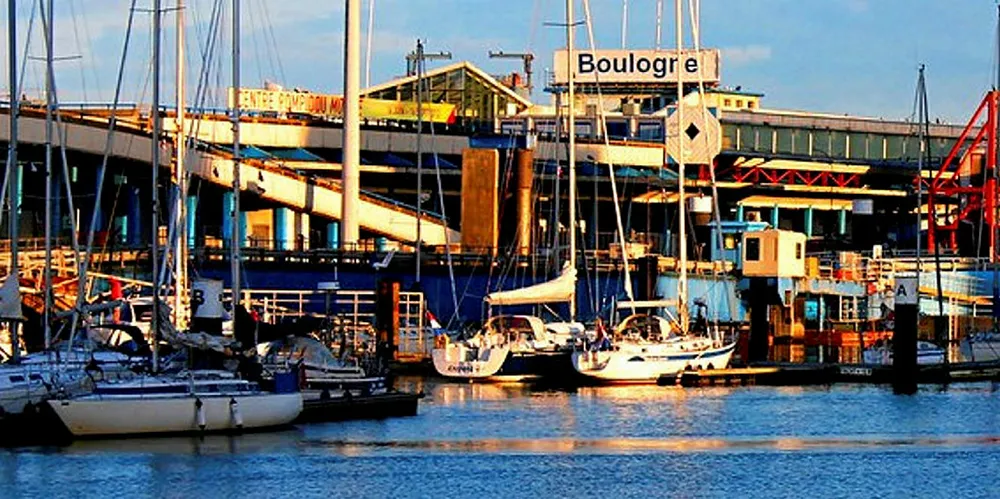Grimsby, Boulogne-sur-Mer officials scramble to iron out post-Brexit logistics
Officials are working to tackle distribution and other challenges ahead of the looming Brexit deadline.

Officials are working to tackle distribution and other challenges ahead of the looming Brexit deadline.
